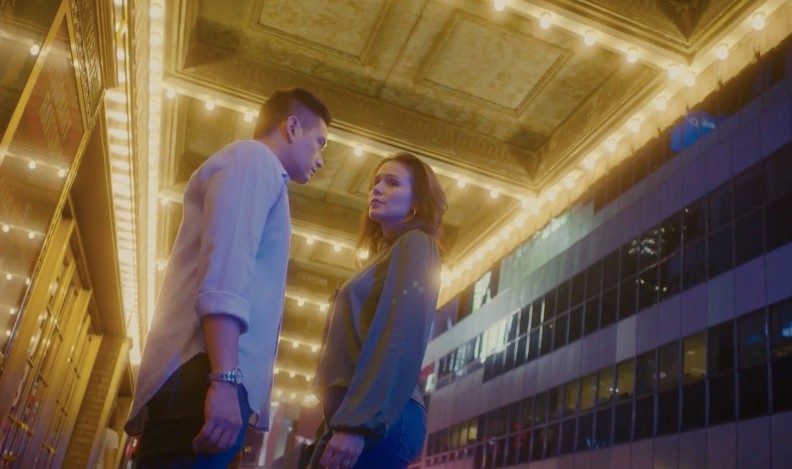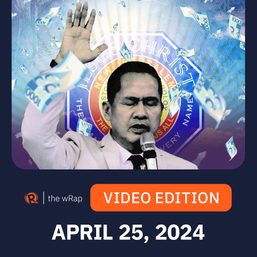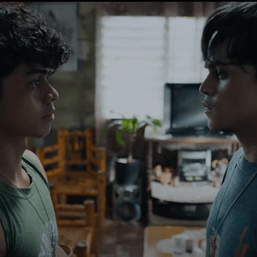SUMMARY
This is AI generated summarization, which may have errors. For context, always refer to the full article.

The most unfortunate thing about Mac Alexandre’s Tagpuan is that its flaws are more apparent than its enduring complexities.
A glaring miscast
Alfred Vargas is a glaring miscast, an aberration in a film whose ambitions are more vast than the leading actor’s presence and capabilities.
As the troubled businessman whose chance encounters with his ex-wife (Iza Calzado) and a charismatic streetwalker (Shaina Magdayao), Vargas overdoes the indifference that is required of his character to project the supposedly lyrical distance he has with his surroundings. What Vargas inevitably accomplishes is unappealing callousness, which sadly never blossoms into anything, even if the rest of Alejandre’s film has already evolved into a exploration belongingness in terms of places and people from what initially was a somber romance.
Vargas is a stubborn blemish in Tagpuan.
Scenes that should be erupting with passion are stilted. Resolutions that rely on affecting intimacy feel remote. While Calzado and Magdayao are indubitably amazing, their efforts are shortchanged by Vargas’ confused interpretation of emotional distance as dull and torpid apathy.

Unfulfilled promise
What’s eventually left of Tagpuan is the unfulfilled promise of a richly layered work.
The screenplay written by Ricky Lee is bewitchingly complex. It doesn’t aspire for the stale pleasures of one particular genre, but instead prefers to blur all the lines. It teases of what could be a fated romance between a man and a woman who randomly meet in a Hong Kong ferry, before going back and forward in time in its aching endeavor to marry the fleeting relationships its protagonists establish with the women he meets and the equally fleeting bonds people have with the places they live in.
Tagpuan is heavy in dialogue, with many of its intriguing ideas verbalized in the dreams, fears, and hesitations that are confessed in the many conversations between the characters.
Alejandre commits to Lee’s words, and with the help of his army of cinematography, provides a visual tapestry that is apt to the transitory nature of loving and living. Tagpuan carves poetry out of the indistinct spaces that the screenplay turns into meeting places for the film’s brief encounters. Those static scenes, when coupled with the frequent jumps in time and narrative, expresses a sense of people unable to truly settle and to find permanence in their relations and emotions.
Multitude of flaws
There really is more to Alejandre’s film than its multitude of flaws.
Its aches, whether restrained by design or because of Vargas’ insufficiencies, echo subtle discourses of the different kinds and levels of diasporas of people, affection, and ideas. – Rappler.com
Add a comment
How does this make you feel?





There are no comments yet. Add your comment to start the conversation.